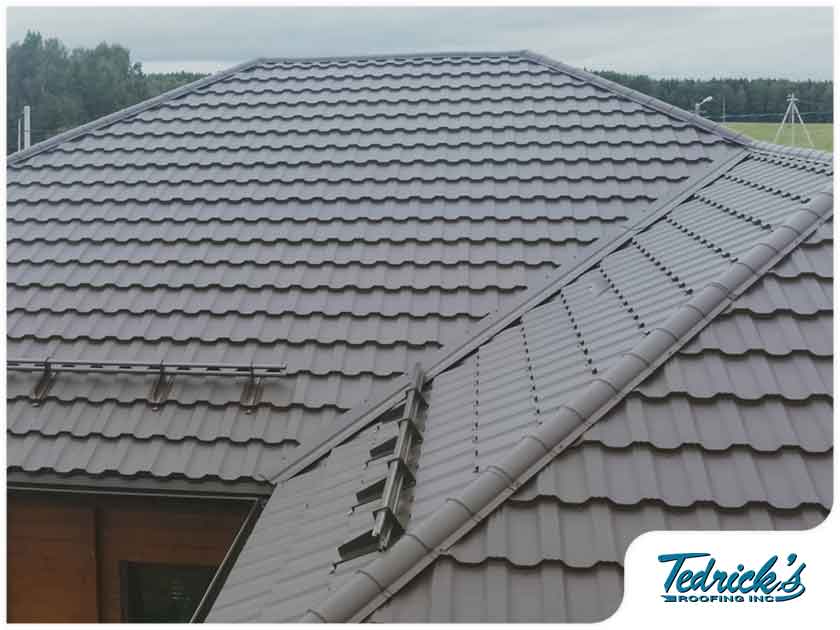Many homeowners still have misconceptions about metal roofing, particularly on the belief that it attracts lightning. This has since been debunked, but this hasn’t stopped others from treating it as an electrical appliance. In other words, many choose to ground their metal roofs as a precautionary measure in case there’s a thunderstorm or any weather disturbance that involves lightning.

But is it really necessary to ground your metal roof?
Enumclaw Metal Roof
Metal is indeed a conductor of electricity, but in the context of roofing, the belief that it is likely to get struck by lightning is simply false. Remember that lightning strikes the highest structure in a given area regardless of the material. So, the chances of a metal roof getting struck by lightning are the same as any standing object, may it be a tree or a telephone pole. Even if it does, the property will still be protected, ensuring the safety of all occupants.
Enumclaw Metal Roofing
Metal roofs don’t need to be grounded. In fact, there are no existing guidelines that pertain to this requirement in international building codes. In some areas that regularly experience lightning strikes, however, local building codes may call for grounding the metal roof.
Several factors come into play that would require homeowners to do so. One is topography: if you live on a hill or flatland, your home is at a higher risk of getting struck by lightning. Another is your home’s proximity to a tall structure. Whether it is a natural or artificial structure, your home is less likely to get hit by lightning, though grounding the roof may help lower the risk of secondary lightning strikes.
Enumclaw Metal Roofer
Got a leaking roof? Turn to Tedrick’s Roofing for your needs. Call (206) 824-3440, or fill out our contact form to request a free estimate. We serve homeowners in Seattle, WA, and the surrounding communities.

